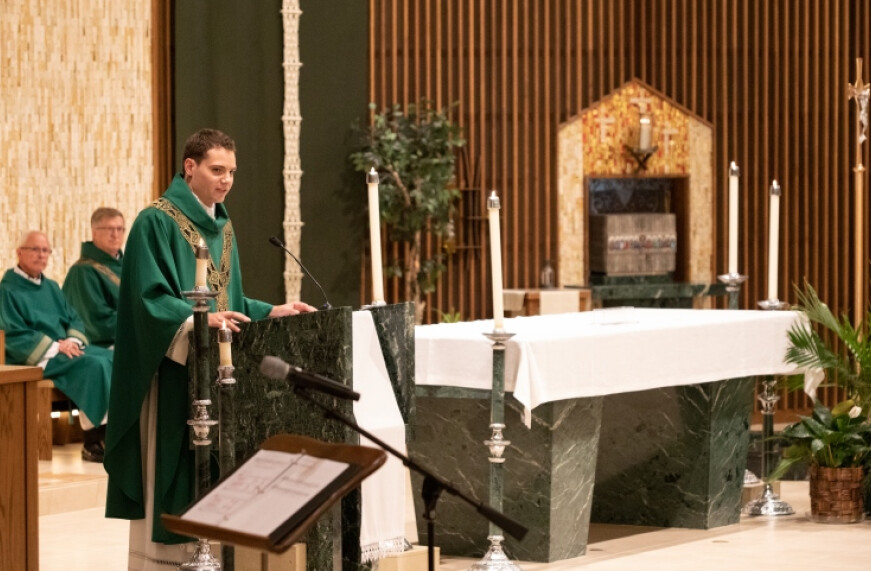The Authentic Jesus

Today’s Gospel is about the people who know Jesus the most, the people he grew up around, rejecting Him. He didn’t fit the image they had of Him from His youth, so they couldn’t accept Him as He really is—the Son of God, here to preach and teach them about God. They were offended by what he had to say.
I find this such an interesting Gospel for the weekend of the 4th of July. Is the above not true of our current political climate? Everyone is offended by Jesus, or at least the authentic Jesus found in the Scriptures. We all have these little false Jesus’ we’ve created in our minds that fit our political ideologies. And we get really offended and astonished when presented with Gospel passages or Church teachings where Jesus contradicts the idea we have of Him in our mind. Both sides of the political spectrum agree with some of Jesus’
teachings and reject others.
Which is actually very fitting because Jesus says himself, in the Gospels, that he did not come to fit into the existing paradigm, but to upend it, to be above it all, to flip it on its head and restore His own order—God’s order.
So today, on this 4th of July weekend, as we celebrate our amazing country with an eye to the upcoming presidential elections, let us all take a moment to reflect on which Jesus we are worshipping – the Republican Jesus, the Democratic Jesus, or the authentic Jesus of the Scriptures. And let us once again commit to daily reading of the Gospels so we might come to know more closely who Jesus authentically is from the source itself. Only then can we truly make this country as great as we desire it to be.
Our Lady of the Immaculate Conception, patroness of the United States of America, pray for us.


